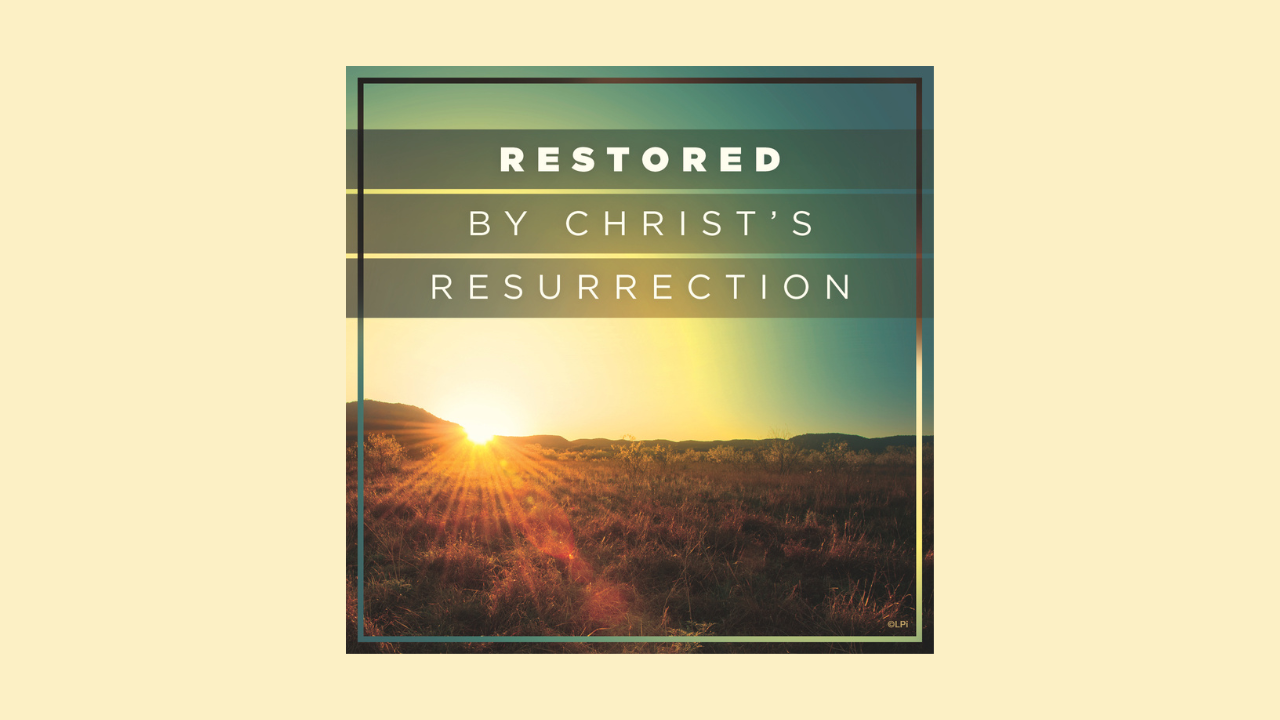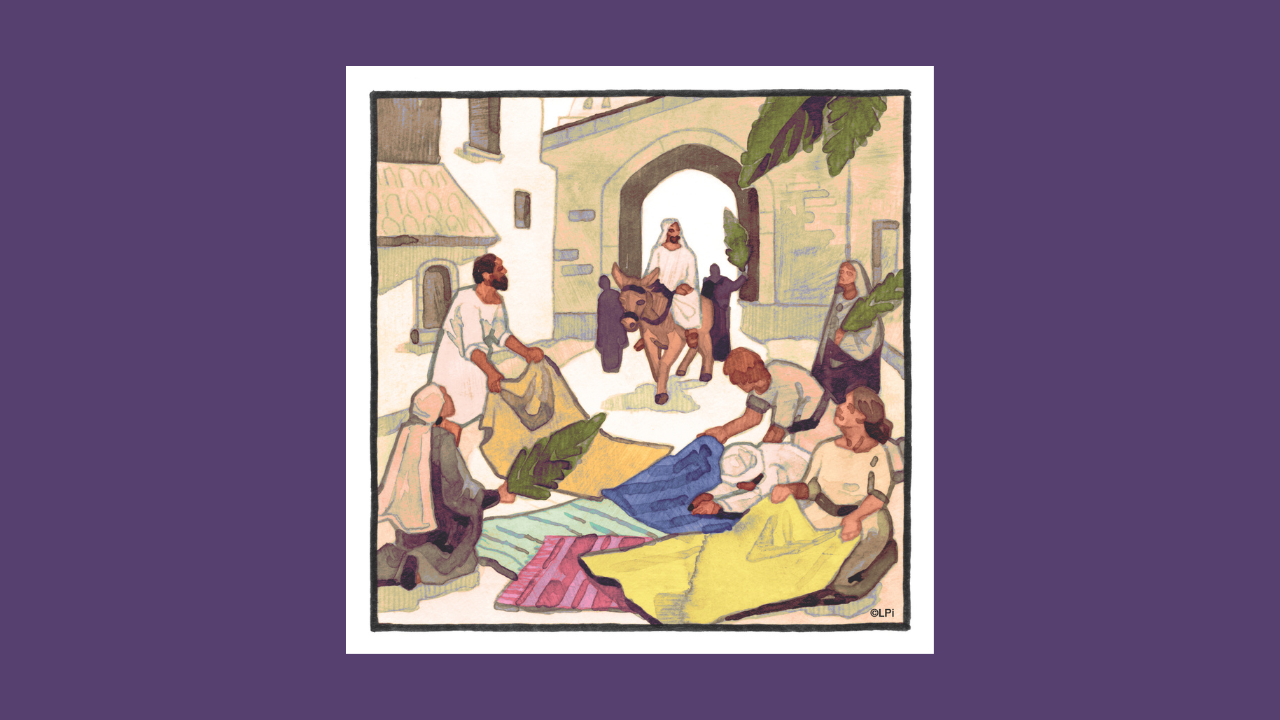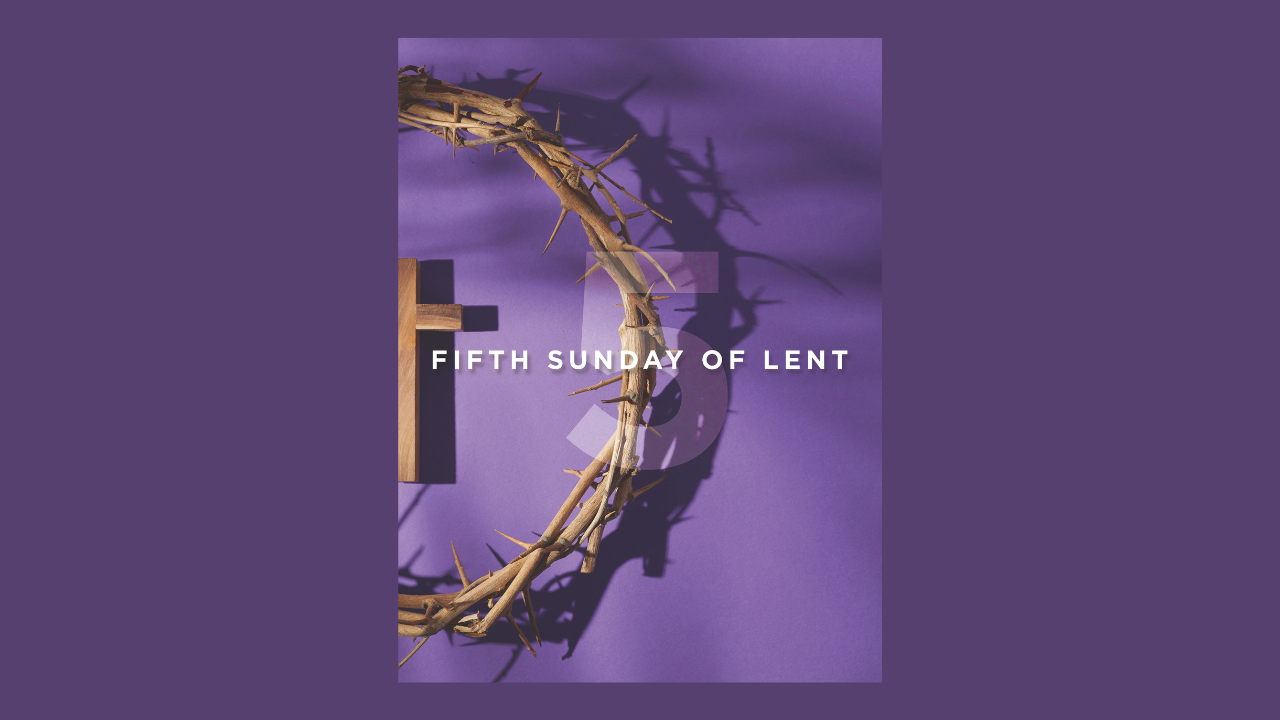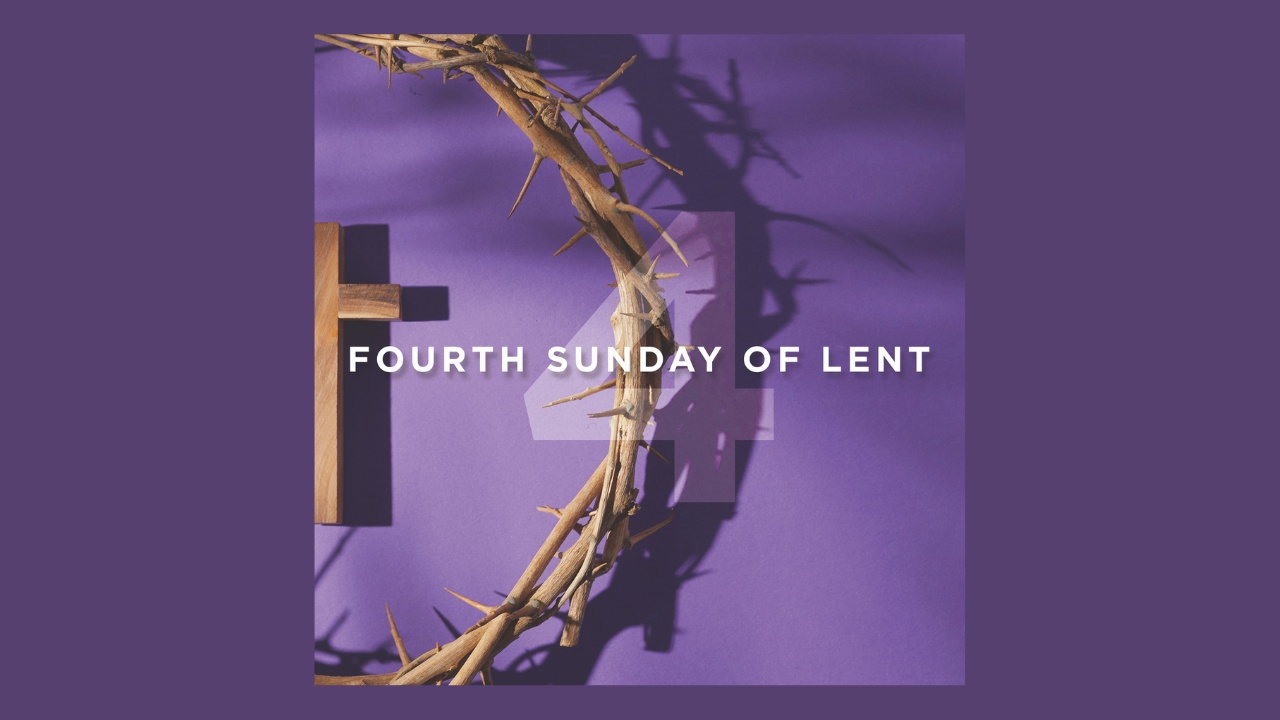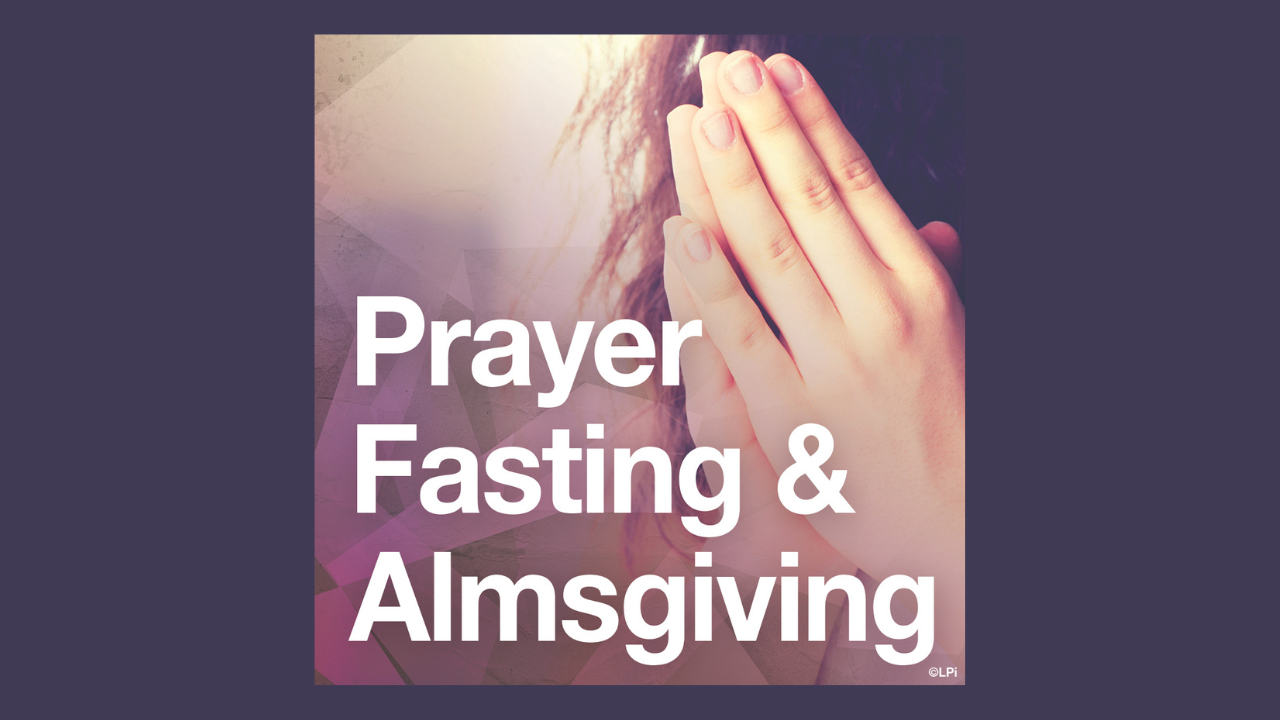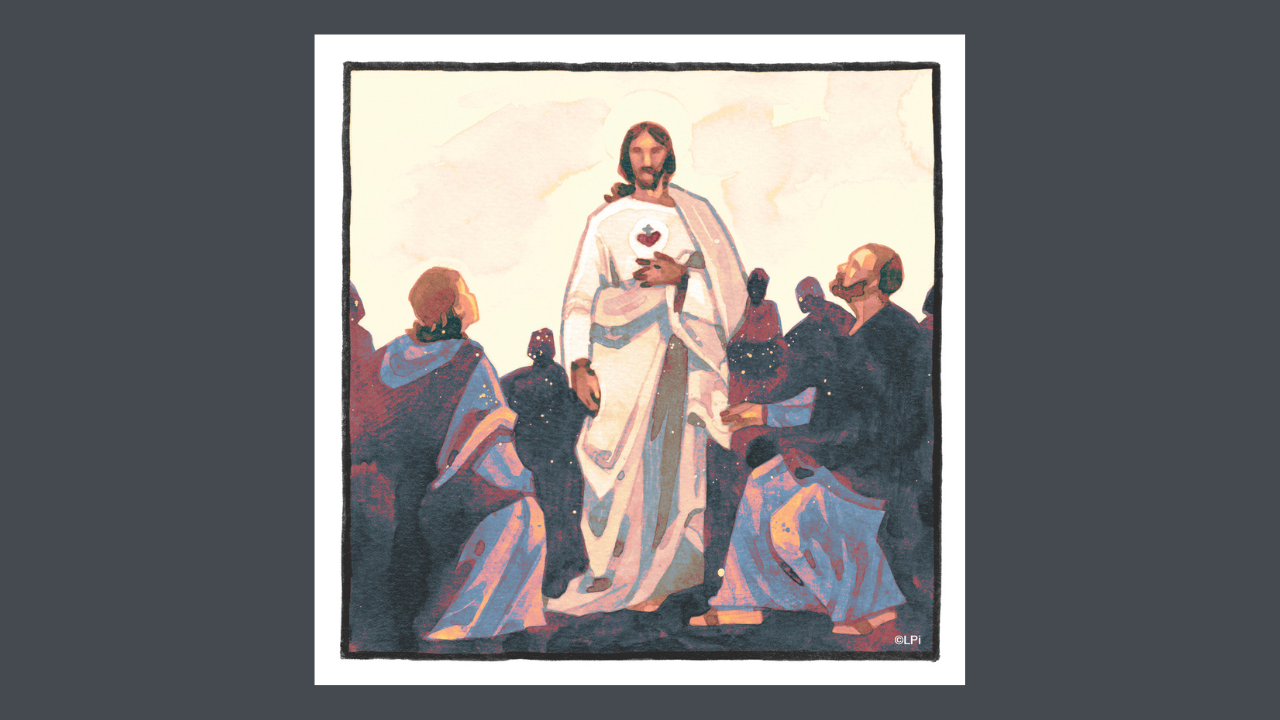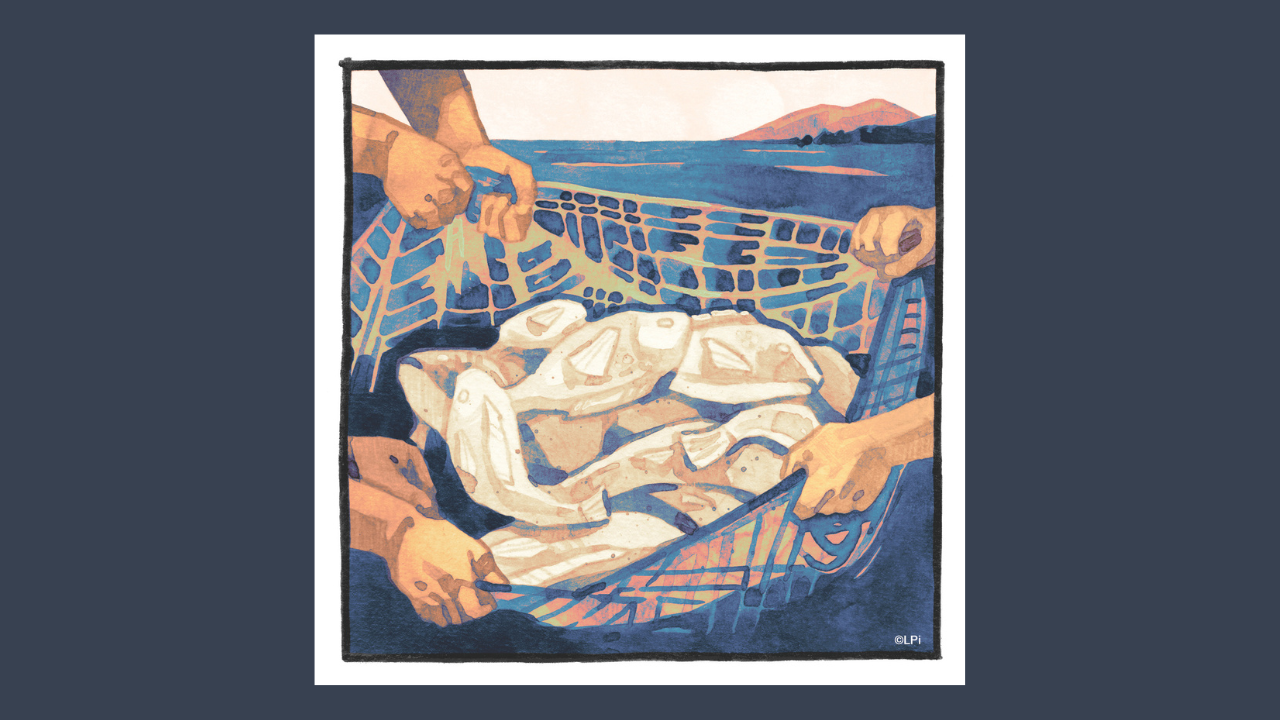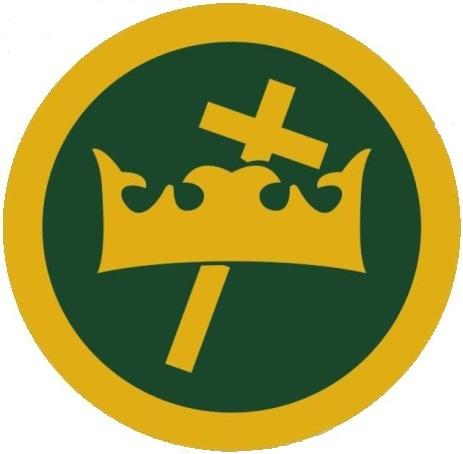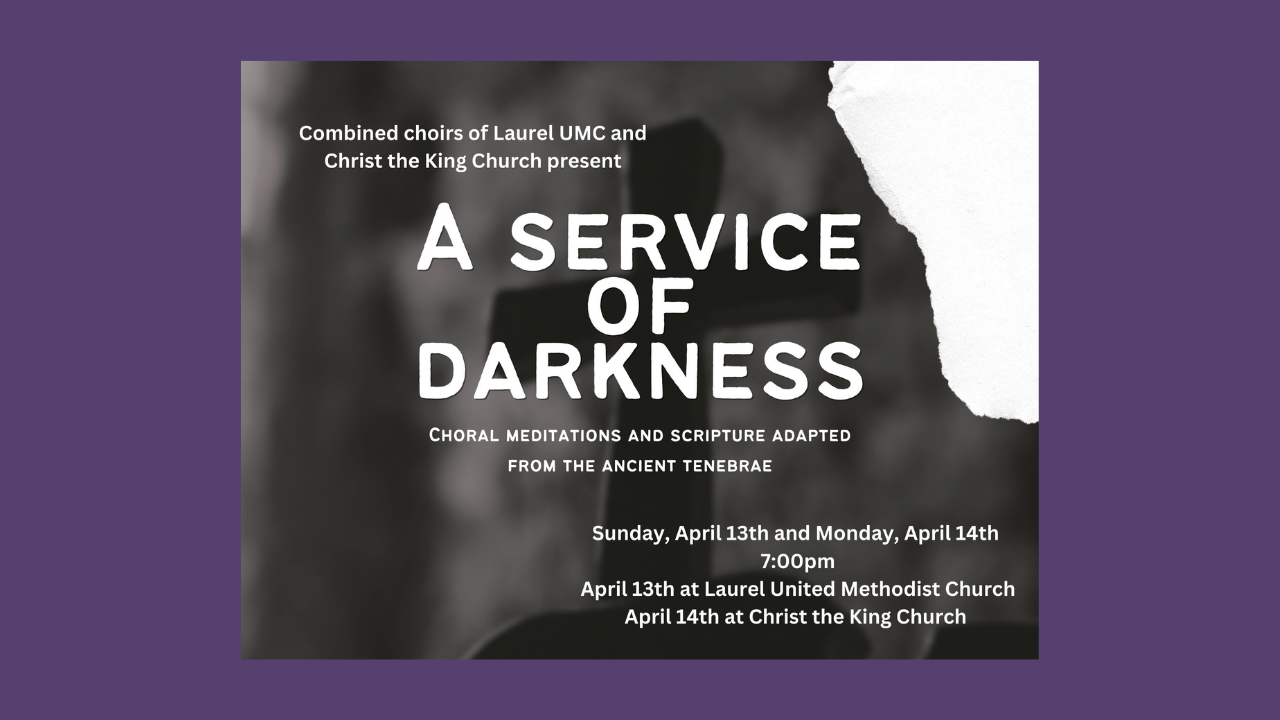"The Lord’s Baptism and Ours" by Fr. Chris House
This year the end of the Christmas season kind of got lost. Last Sunday we celebrated the great Solemnity of the Epiphany and many understand that feast as marking the formal end of Christmas.
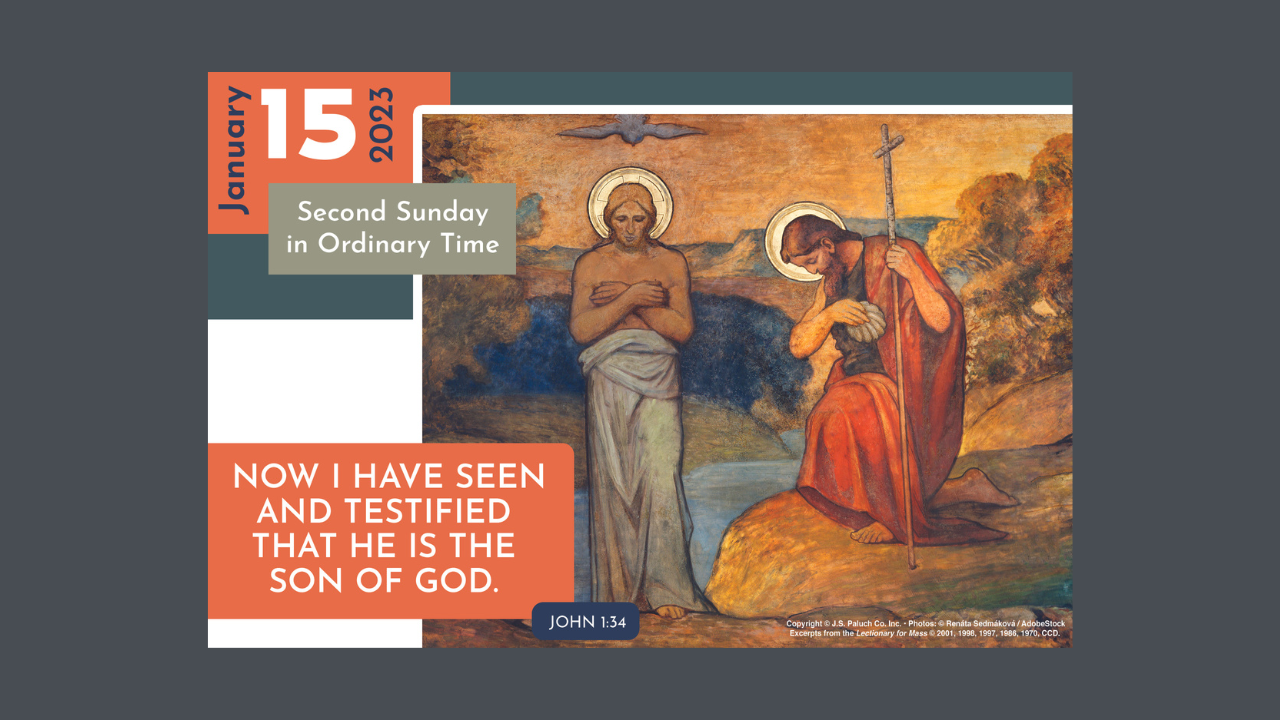
The Lord’s Baptism and Ours
This year the end of the Christmas season kind of got lost. Last Sunday we celebrated the great Solemnity of the Epiphany and many understand that feast as marking the formal end of Christmas. There are also some Catholics who hold to an older traditional end date for Christmastide and that is the Feast of the Presentation of the Lord on February 2nd, the 40th day since Christmas. Officially, Christmastide ends on the Feast of the Baptism of the Lord, which is normally celebrated the Sunday after Epiphany. This year, due to the “accordion nature” of the Advent and Christmas seasons, Christmastide was shorter because we celebrated a full four weeks of Advent which also meant that Christmas was abbreviated and ended the Monday after Epiphany when the Lord’s Baptism was commemorated.
While the Baptism of the Lord was celebrated last Monday, this Sunday’s Gospel, taken from John (the Evangelist), takes us right back to the event, to the day after actually. Back at the Jordan, John the Baptist encounters Jesus a second time as the Lord passes by. Here, the Baptist testifies to his disciples concerning the identity of Jesus, referring to him as the Lamb of God who takes away the sin of the world. This is not a messianic title, at least not until that time. The notion of the messiah was one of a conquering hero who would reveal the reign of God with great power and might. The notion of a sacrificial lamb is far from the popular notion of what the messiah was supposed to be or do.
John says that Jesus is the Lamb who takes away the sin of the world. This is different from what we say at Mass before receiving Holy Communion as we say “sins.” There, we acknowledge that the Lord Jesus offers us the mercy of God for our many and varied transgressions. With John’s statement, the truth is presented that Jesus’s act of redemption is not just about forgiving individual transgressions but also about redeeming our nature and that of the whole world, of breaking the power of sin and death and not just undoing its individual acts or effects in the world.
When the Lord was baptized, his reception appeared passive but he was acting in that moment as John was, though Jesus’s action was unseen. Jesus did what John could not do and that was to give baptism a spiritual/sacramental effect. John’s baptism was a ritual action in response to people’s desire to convert, to change; baptism after Jesus is no longer contingent on the recipient’s disposition. The attitude of the recipient remains important because that determines whether or not the grace given by God in the sacrament will be effectively used. However, the initial effects of God’s grace in baptism are to wipe away original sin and break the reign of sin and death in our lives as well as to incorporate us into His family as members of the Mystical Body of Christ. God continues to work in our lives after baptism, no matter how many years may pass, by continually giving us grace; we are called to act on that grace so that sin and death may not re-establish their reign in our lives.
As we stand still at the beginning of 2023, let us remember that it, and every year, is intended to be a year of grace. Let us use the grace given us by our baptism to remain close to Christ so that we may be his witnesses in the world, pointing to him, and continuing his work of sanctifying the world.
Blessings to you and yours for the week ahead!
Father Chris House
